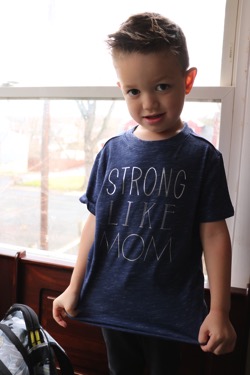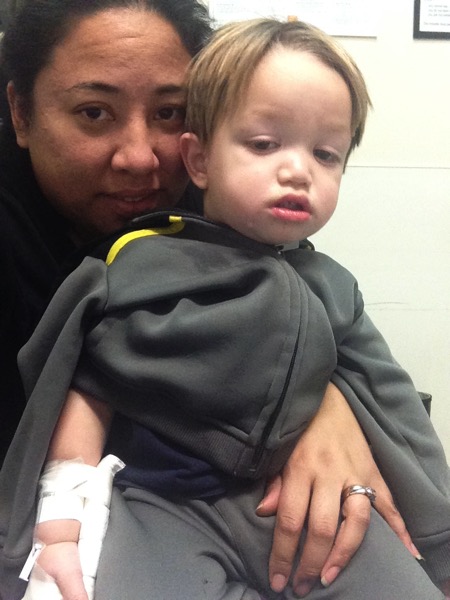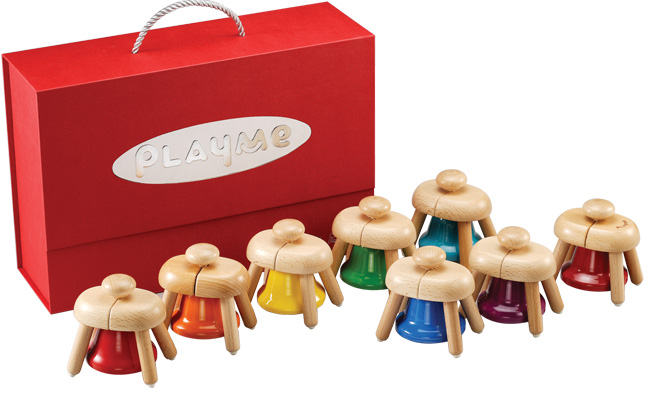Happy International Women’s Day! I hope you find the time to celebrate the unflappable influence and power of women today, whether it’s at home, in the work place or amongst friends.

I’m going to be frank with you: I had an incredible upbringing, however, I loathed the way my generation and culture expected women to sit back and let “the man” do all the work. I was told that I had to be ladylike, reserved, passive and to be a follower. Like so many of my peers, once I got older, I wasn’t having any of that.
\

As an English Major, I remember a turning point in college. I took a Women’s Lit class, taught by an incredible professor, who shared authors who overcame the impossible and unthinkable. These literary masterpieces were always poignant and memorable. Women have always been strong; women have always had voices; women have always been at the forefront in their own way.
As a mother to two impressionable little boys, it’s my job to ensure that my little humans go on to contribute to society in such a way that makes a difference. It’s critical that they respect and treat women as equal peers, unlike the way we’ve seen over the years. Here are just a few of the many rules that I instill at home to raise boys who respect girls and women.
1. Emotions Show That You’re Human
When we were kids, I remember many instances where my brothers were told that crying was for sissies. Boys are often influenced to stifle their emotions, whether it’s in school, play or sports. Showing emotion was typically frowned upon and questioned masculinity. Because we’re human, real men show emotions. In fact, according to the NY Times article, “Teaching Men to be Emotionally Honest,” research shows what early childhood teachers have always known: that from infancy through age 4 or 5, boys are more emotive than girls. Boys should be encouraged to show emotion, rather than be shamed for being sad when hurt or whatever the case may be.

Why is it ok for girls to cry when they fall or fail? Why can’t a boy be tough and still shed a tear when they’re disappointed? A product of this mindset, my husband has always disagreed with me about this. If my kid gets hurt when playing a sport, he is human, and humans show emotions. When emotions are discouraged, isolation and possibly, explosions occur. I’ve seen it happen, and it isn’t pretty. Just because society says so, doesn’t mean how things are meant to be. In Debunking Myths About Boy Emotions, author Vicki Zakrzewski says, “By reflecting on our own emotional and relational beliefs and challenges, we will be better equipped to guide boys as they navigate the social and emotional nuances of growing up in a society that expects them to behave in ways that go against their natural capacities.”
2. Omit Gendered Phrases
As a parent of a young athlete, I’ve caught my kid’s coach and other adults mutter, you throw/run/catch/hit “like a girl.” On the flip side, “man up” is often used in various scenarios to imply that boys need to be masculine to be strong. Those phrases that are meant to be offensive are often said to “toughen” the boys up. …As if girls are not tough. As if girls can’t play as well as boys. Thankfully, in our case, my son has always been on teams alongside of strong female athletes. Quite frankly, his female teammates are just as strong, if not stronger than the boys. Nevertheless, phrases that imply that girls are not strong competitors are never ok.
By instilling that females are equal competitors, offensive phrases will fade. Girls can do whatever boys can do, sometimes even better.
In my research for this piece, I read a NYT opinion piece that mentioned that the phrase “to throw like a girl” leads to the consideration of an influential feminist essay penned by political philosopher Iris Marion Young titled, “Throwing Like a Girl.” In essence, this piece deconstructs and analyzes the idea that the phrase is an insult, and discusses the way that embodiment shapes subjectivity.

3. Nature vs. Nurture
In the psychological debate where nature vs. nurture, we question whether nature (traits and characteristics that are inherited) outweigh nurture (qualities that are learned as we grow.) We tend to hear boys having more behavior issues in early childhood. Is this because they’re predisposed for certain behavior? Or that we expect boys to sit still when, in fact, their natural tendency is to move around and be curious about their surroundings.
 Whatever it may be, the way we parent and react to behaviors shape our kids. There’s no denying that boys’ behavior is different than girls. According to research, “there’s a better approach to understand where boys and girls are coming from and then use those propensities without disparaging them, as a means of helping children whatever their potential happens to be.” Instead of boys will be boys and girls will be girls, let’s just let kids be kids.
Whatever it may be, the way we parent and react to behaviors shape our kids. There’s no denying that boys’ behavior is different than girls. According to research, “there’s a better approach to understand where boys and girls are coming from and then use those propensities without disparaging them, as a means of helping children whatever their potential happens to be.” Instead of boys will be boys and girls will be girls, let’s just let kids be kids.
4. Be the Difference
As we raise our kids in trivial times, it’s more important than ever to help our kids to be the difference. See something that needs to be changed? Speak up. Want your community to update something? Be the change. When we volunteer and add our helping hands to the mix, our children will learn the importance of getting involved. Working alongside of community members will help boys to not only respect and gain ownership of their surroundings, but teach them to give back before expecting things to be handed to them. Be the change that you want your kids to see.



5. Embrace Your Flaws
In my many trials as a parent, friends have lifted me up and complimented me, sometimes even questioned me. I’ve heard “you’re a great mom,” when I helped my little guy fight through medical episodes. When creating something with imagination and our hands, I’ve gotten, “best mommy ever.” You know as well as I do that I don’t do these things to prove my strengths as a parent, but instead, to show my guys that “we’ve got this.” As a creative, crafty and entrepreneurial type, I embrace these qualities and share them with my boys. I was a Pinterest Mom before Pinterest was a thing; and I’ll never apologize for that.

Still, today, society suggests that we should have perfect homes, perfect lives to keep their perfect husbands happy. As we all know, that’s not a reality. Just as we all have our strengths, we have our weaknesses as well. I get overwhelmed, do too much and ignore the piles of laundry. I’m not the perfect person, nor is my husband, and reminding our kids of that every day is just as important as encouraging them to do their best. Because of our flaws, we work even harder to become better people.
By teaching them to respect themselves, boys learn to respect everyone around them. We’re hoping to instill that your flaws and shortcomings make you, and there’s nobody else we’d want them to be.
It’s no easy task raising young men in this day and age. So, here’s to you, fellow boy mom and dads. We have our work cut out for us.


















 Whatever it may be, the way we parent and react to behaviors shape our kids. There’s no denying that boys’ behavior is different than girls. According to research, “there’s a better approach to understand where boys and girls are coming from and then use those propensities without disparaging them, as a means of helping children whatever their potential happens to be.” Instead of boys will be boys and girls will be girls, let’s just let kids be kids.
Whatever it may be, the way we parent and react to behaviors shape our kids. There’s no denying that boys’ behavior is different than girls. According to research, “there’s a better approach to understand where boys and girls are coming from and then use those propensities without disparaging them, as a means of helping children whatever their potential happens to be.” Instead of boys will be boys and girls will be girls, let’s just let kids be kids.














